 Hardly any Dutch website adheres to the new cookie law that came into force last Tuesday, online tech mag Webwereld reports.
Hardly any Dutch website adheres to the new cookie law that came into force last Tuesday, online tech mag Webwereld reports.
The law, which is a strict implementation of the EU cookie directive, aims to protect website visitors’ privacy by making tracking illegal. Tracking is a way of building a profile of you and your likes by monitoring which websites you visit. This profile can then be used to tailor advertisements to your tastes, or for far more heinous purposes.
Among the larger sites only De Telegraaf has put up a banner informing visitors that it uses cookies, and that they can opt out. As Webwereld points out the banner is not in compliance with the law, which states that website owners must explicitly ask permission for every tracking cookie a site uses.
Enforcement agency OPTA says it is not their job to determine the contours of the law. “We expect the market to take care of that.” The agency told Webwereld it will start enforcing the law right away, but will first focus on “sites with dangerous cookies, and sites with cookies that are hard to remove.”
Arnoud Engelfriet points out that even the government is still serving cookies without permission at rijksoverheid.nl.
24 Oranges is currently looking at its cookie use and responsibilities before the law. As you may gather from the above article, this matter is more complex than it seems at first sight, so apologies for the delay.
In the meantime if you’re worried about your privacy—as you should—consider disabling third-party cookies in your browser and installing ad blockers. Neither method is perfect as far as I know.
(Screenshot: the Telegraaf cookie banner)

 Arjan Robben and Dirk Kuyt may be household names the world over, but this year they have to leave the strongest brand title to long track speed skater Sven Kramer.
Arjan Robben and Dirk Kuyt may be household names the world over, but this year they have to leave the strongest brand title to long track speed skater Sven Kramer. 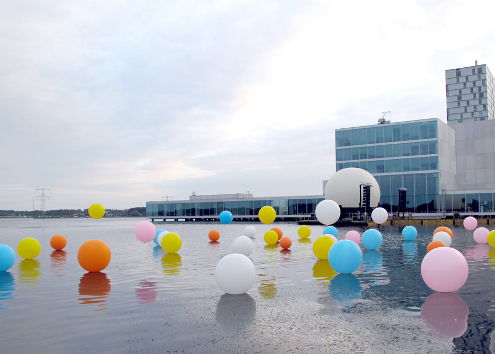
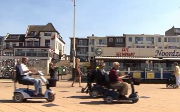 After Richard Min’s wife died, he got lonely and decided to do something about it. He founded the Scootmobielclub (‘mobility scooter club’), which tours through pretty parts of The Hague.
After Richard Min’s wife died, he got lonely and decided to do something about it. He founded the Scootmobielclub (‘mobility scooter club’), which tours through pretty parts of The Hague.  In 2010 a German octopus called Paul made worldwide headlines by correctly ‘predicting’ the results of South African football World Cup matches.
In 2010 a German octopus called Paul made worldwide headlines by correctly ‘predicting’ the results of South African football World Cup matches.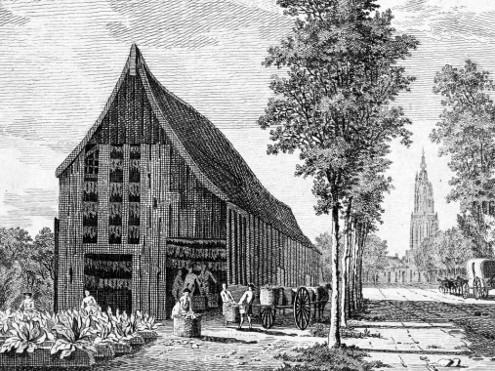
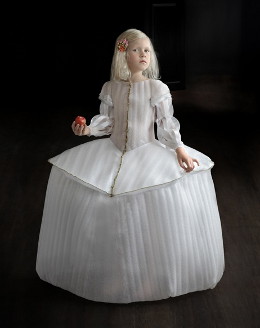
 In its Bright Spot series, tech mag Bright reviews
In its Bright Spot series, tech mag Bright reviews  A tiny victory for real globalization. After years of pressure by Dutch consumer watchdog Consumentenbond, American electronics manufacturer Apple has finally adapted its warranty for the Netherlands to make clear that is bound by Dutch law.
A tiny victory for real globalization. After years of pressure by Dutch consumer watchdog Consumentenbond, American electronics manufacturer Apple has finally adapted its warranty for the Netherlands to make clear that is bound by Dutch law. 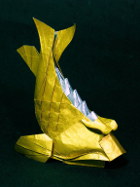 The oldest example of Western architecture in Matsue, on the West coast of Japan, is the Dutch Mansion.
The oldest example of Western architecture in Matsue, on the West coast of Japan, is the Dutch Mansion.